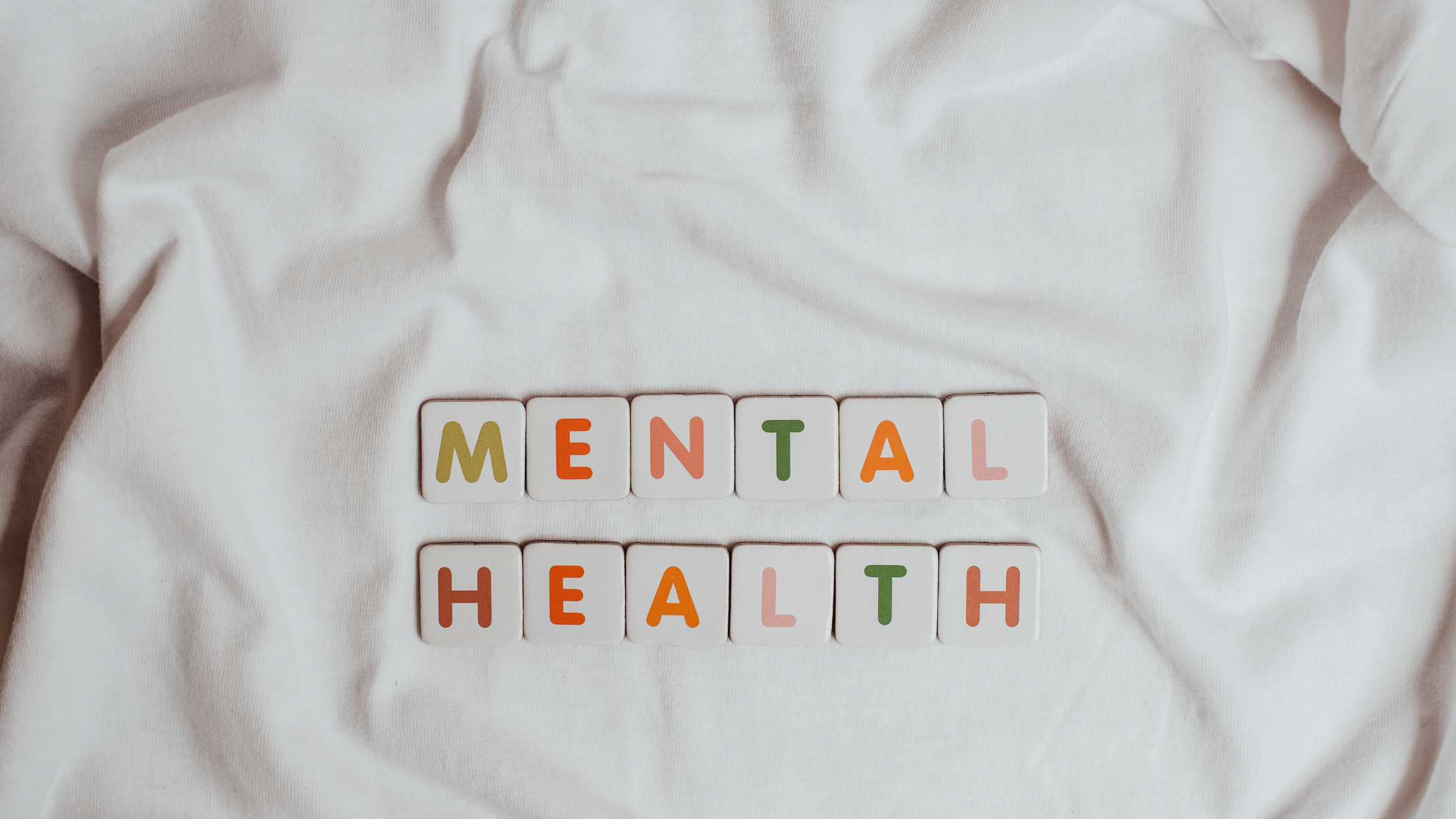
Sleep is vital for your overall health and mental health. Whether you aren't able to fall asleep easily, or experience too many waketimes throughout the night, the impact on your mental health can be severe.
The brain does a lot of restoration and recharging throughout the night, during sleep. If sleep is fragmented, or simply doesn't happen, then this can increase the risk for mental health disorders, fatigue, and increased stress levels.
Sleep is essential, and your sleep habits can tell you a lot about your mental health. So what's the best way to learn your sleep habits? Through a sleep study. Continue reading to learn more about what a sleep study can help you determine about your mental health.
What you'll learn from a sleep study
If you're struggle to sleep, then your physician may recommend a polysomnography, or a sleep test. This is an overnight observational study, where you are connected to many monitors and gauges that measure various aspects of your health and sleep habits throughout the night. A technician will monitor everything during the study, and a sleep physician will interpret the findings.
The physician can learn a lot from all the data collected from your study. They can determine if you have a sleep disorder - like insomnia, narcolepsy, restless leg syndrome, sleep apnea - and can also monitor your vital signs, such as oxygen levels, heart rate, the number of apneic events, sleep efficiency, and how much time you spent in rapid eye movement (REM) sleep.
Sleep studies are not just for those who suspect they have a sleep disorder. If you are not getting quality sleep, and feel like it's negatively impairing your daily function and overall well being, then it's important to consider visiting a psychiatrist or mental health expert. They may recommend a polysomnography to determine how much sleep could be playing a role in your mental health dysfunction.
The relationship between sleep and mental health
Bad sleep can impact several areas of your life, including your mood. When you are sleep deprived, it is not common to become more irritable, forgetful, anxious and stressed. Coping skills become non-existent, and the small inconvenience seems like the end of the world.
One night of bad sleep can lead to a bad day, but consistent bad sleep can lead to the development or exacerbation of existing issues like anxiety, depression, ADHD, memory loss, substance abuse, overeating, and poor impulse control.
Co-occurring Disorders
Psychiatric disorders routinely cause sleep-related problems, which is why a sleep study could help figure out what symptoms are being experienced, and why.
Not only do psychiatric issues cause sleep trouble, but sleep trouble can further worsen psychiatric issues. There is a circular relationship, which is why tending to both can help improve the other.
The most common sleep disorders are obstructive sleep apnea, narcolepsy, restless leg syndrome, parasomnia and insomnia.
Insomnia closely relates to anxiety, depression, bipolar disorder, and other mental health disorders. For those with depression, insomnia is actually one of the most common symptoms.
Those diagnosed with schizophrenia, the majority of them experience poor sleep. Disturbed sleep, along with some other symptoms, can be a negative prognostic factor, indicating that the course of schizophrenia will be harder to treat with more extreme symptoms.
How to Improve Sleep Habits
You may be struggling with sleep, but is there an underlying cause? A sleep study may not give you a definitive answer, but can help you identify places for improvement. If you have poor mental health, it will impact your sleep. Therefore, if you can try and keep your sleep on schedule, then your mental health symptoms may not be as severe.
Some healthy sleep habits include:
- Avoiding electronics an hour before bed
- Reducing or excluding alcohol, caffeine and nicotine in the nighttime hours
- Exercising
- Avoid eating food before bed, especially high fat and carb foods
- Reducing the temperature in the room so it's colder
If stress is a major part of sleep issues, then exercises like journaling could be a great way to "brain dump" some of the day's stressors before going to bed. This can decrease rumination and help you fall asleep, knowing you'll be better refreshed to tackle those issues the following day.
Last, but not least, talking to a mental health professional can truly reduce the burden of some mental health symptoms. If you are experiencing severe mental health disturbances, then it would be ideal to talk with a mental health professional as soon as possible.
Additionally, if you are experiencing severe sleep disturbances, then you should click the orange button below to take a free online sleep test, and talk with one of our sleep health professionals.
https://www.verywellmind.com/what-can-a-sleep-study-tell-you-about-your-mental-health-5197541

